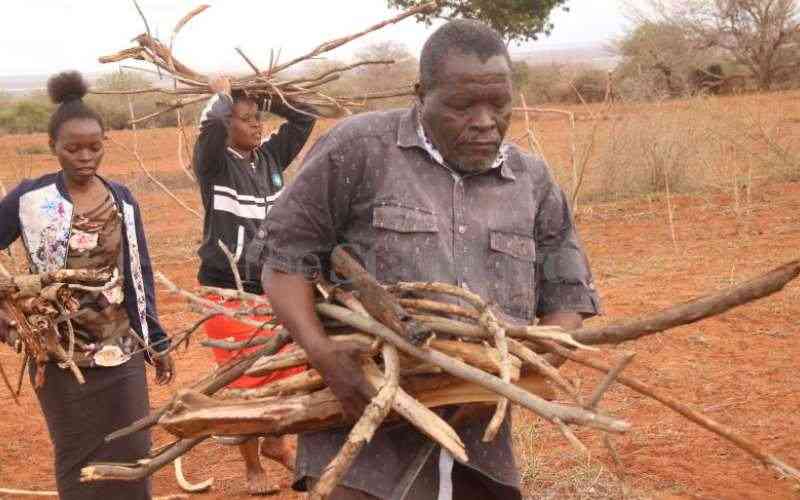×
The Standard e-Paper
Home To Bold Columnists

As urban women fight for equality in the political and corporate arenas, at the wildlife conservancy level, the script is different.
Here, women are fighting harmful social norms and practices, gender-based violence, and lack of representation in the leadership of conservancies and community land ranches.